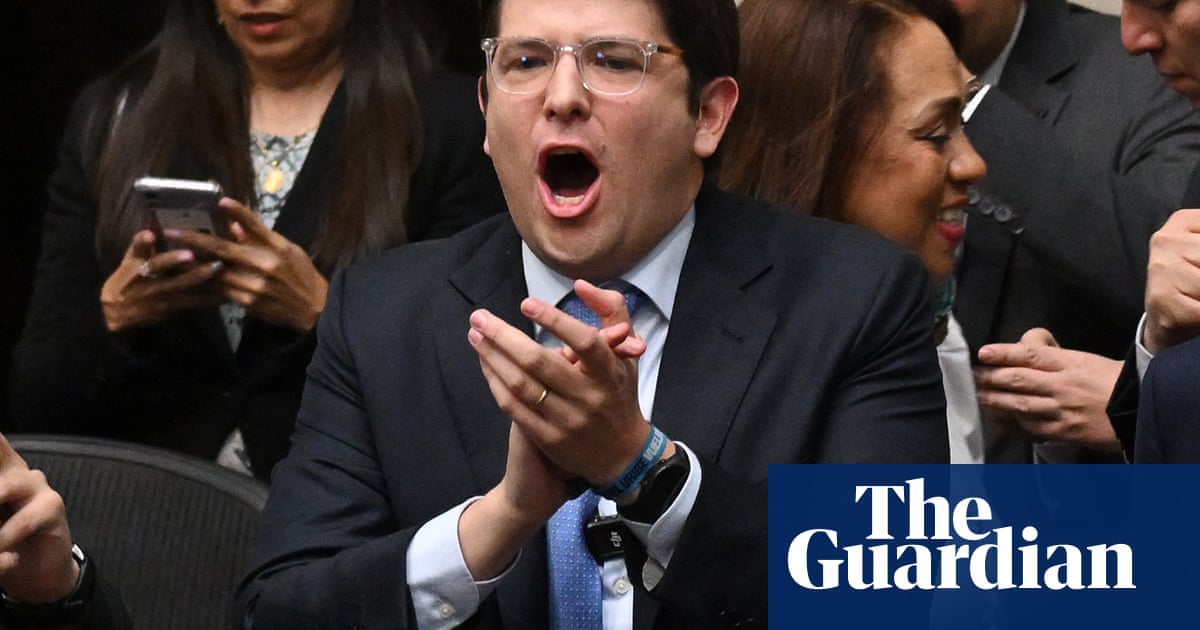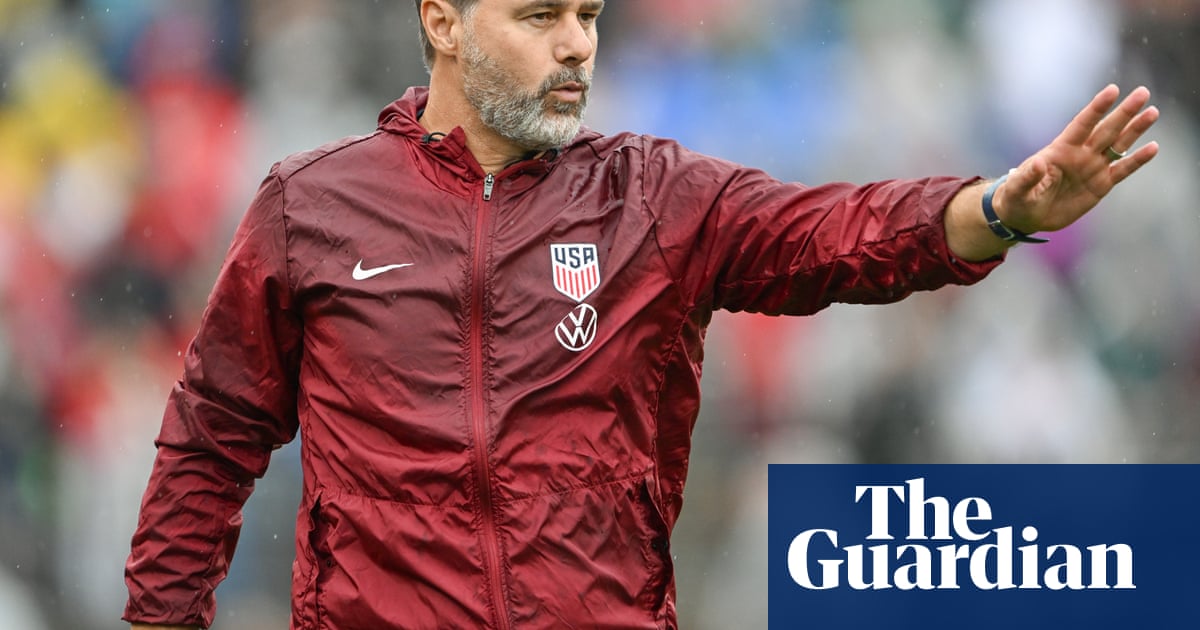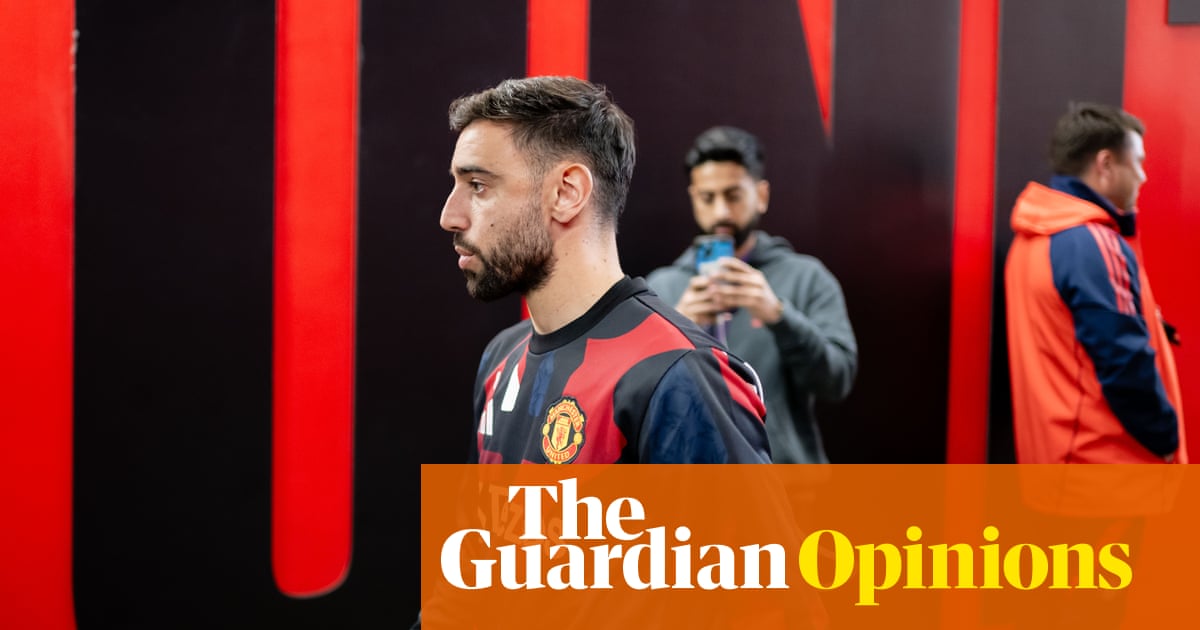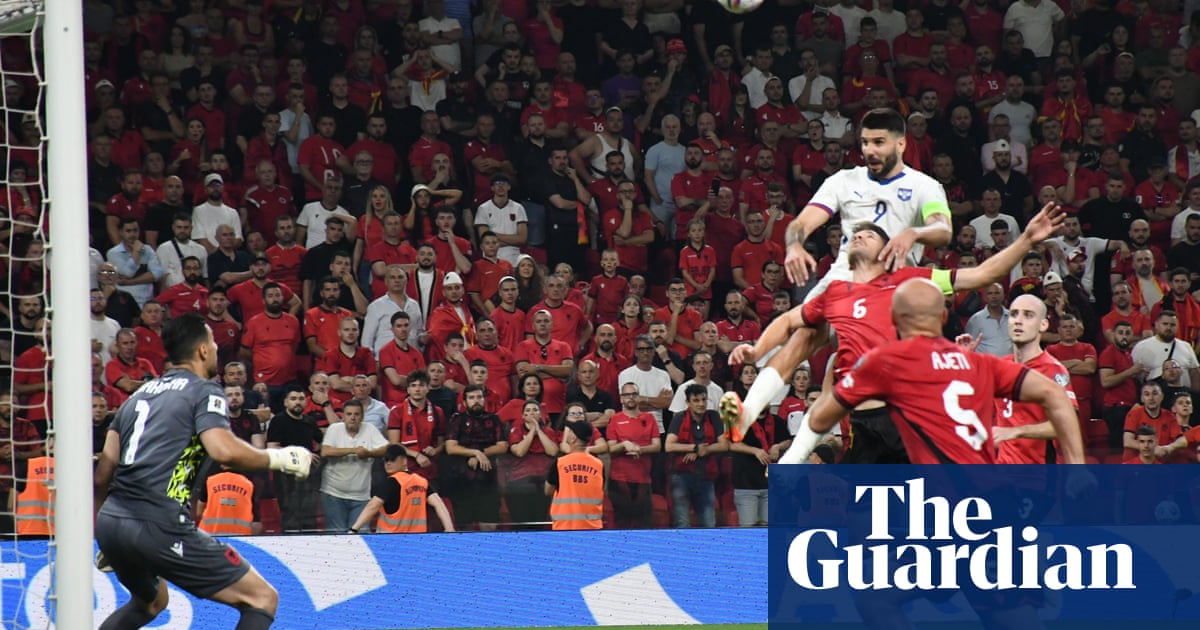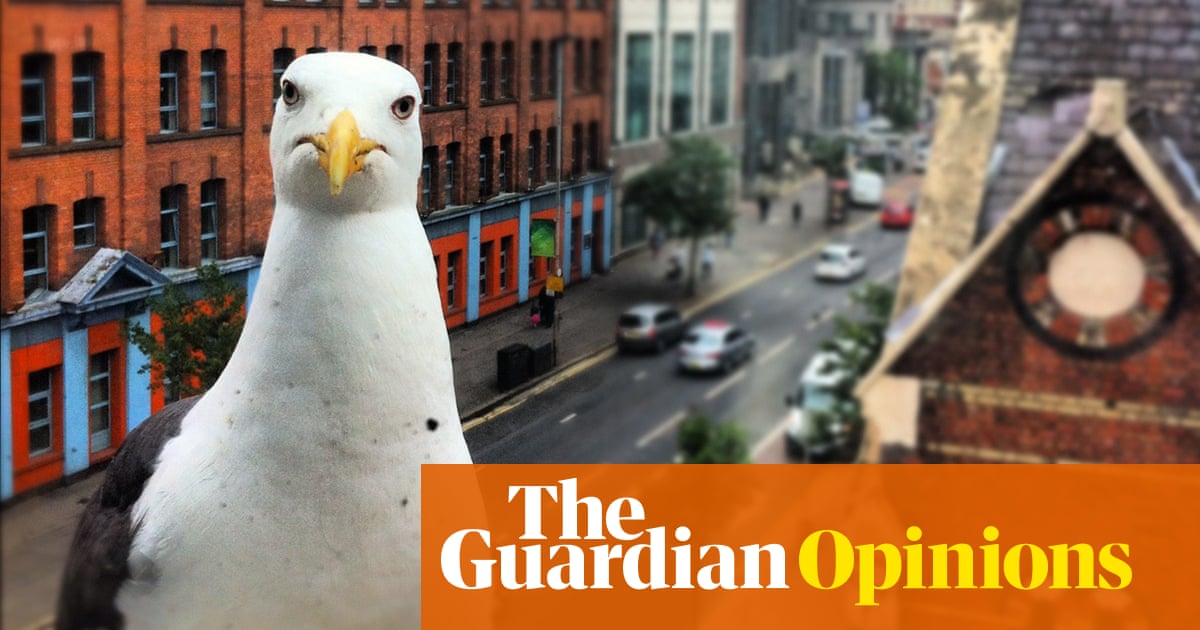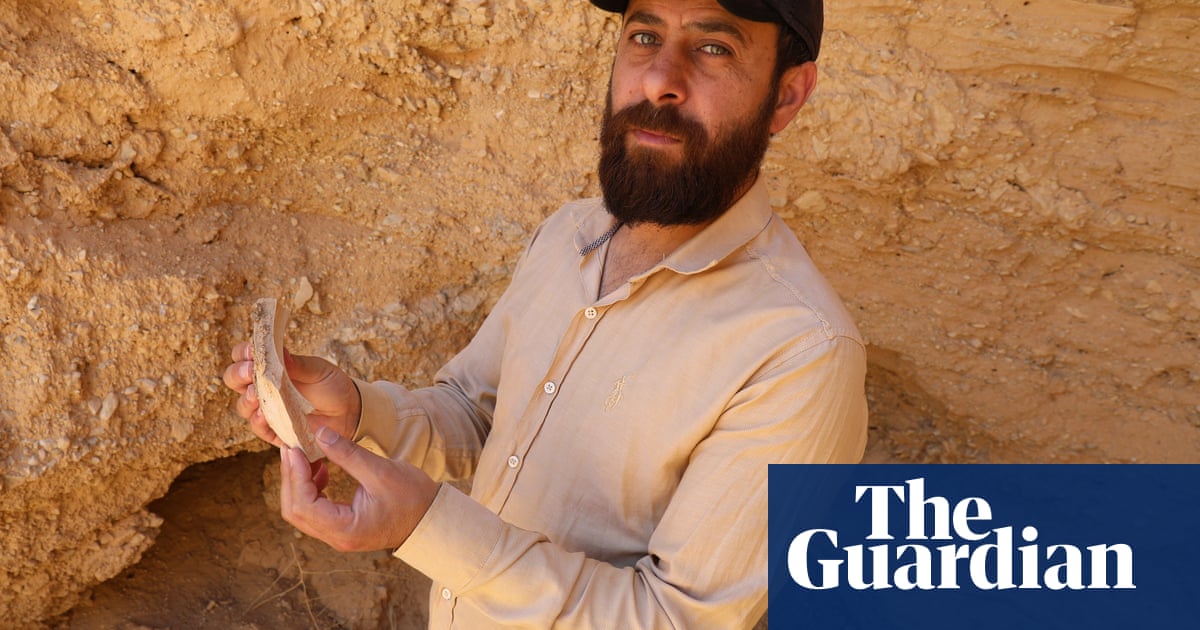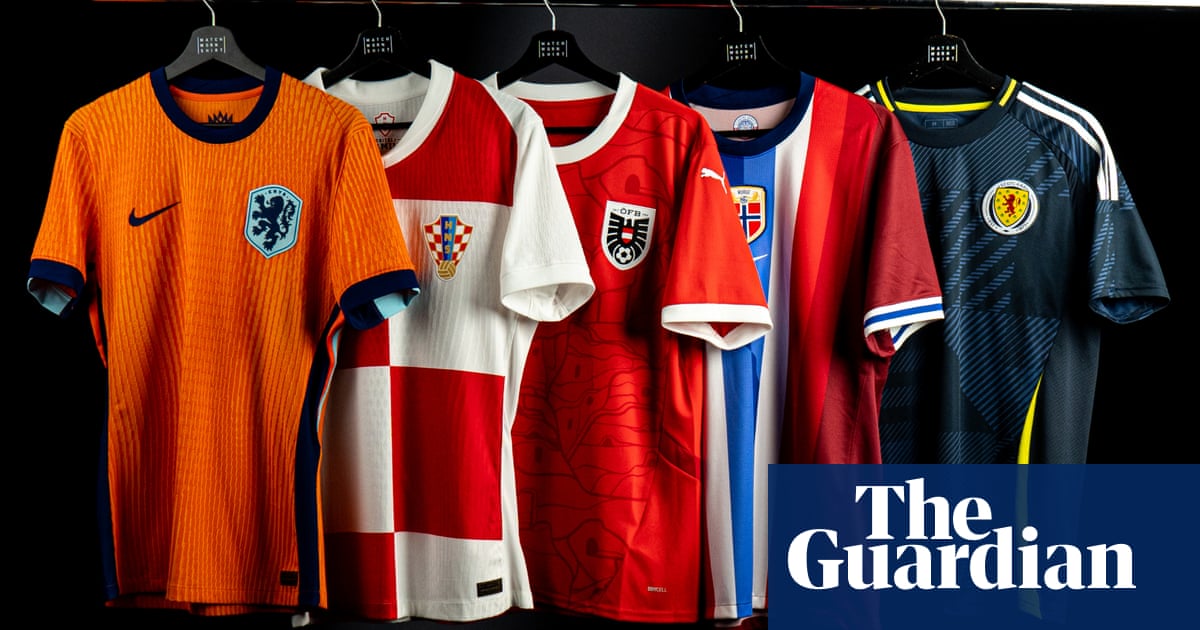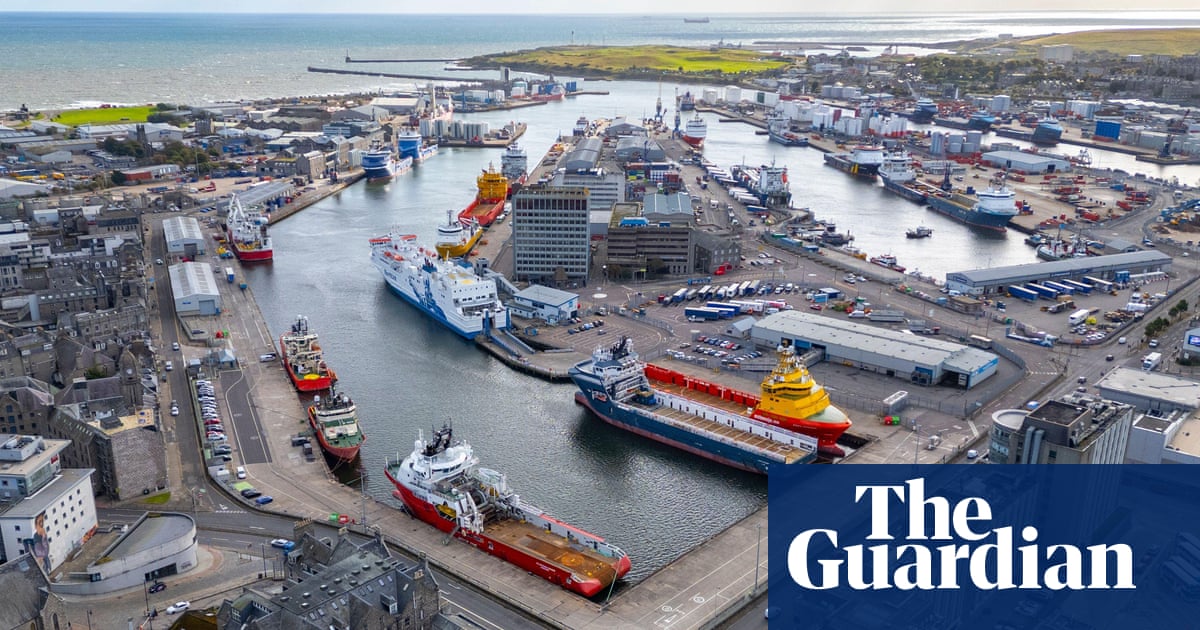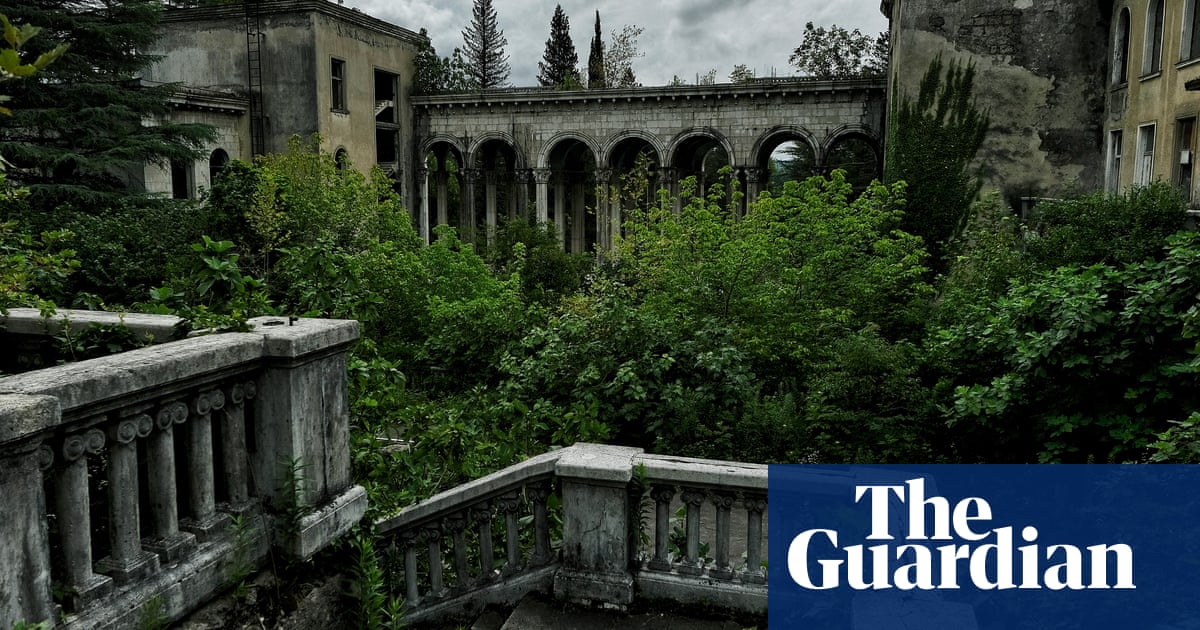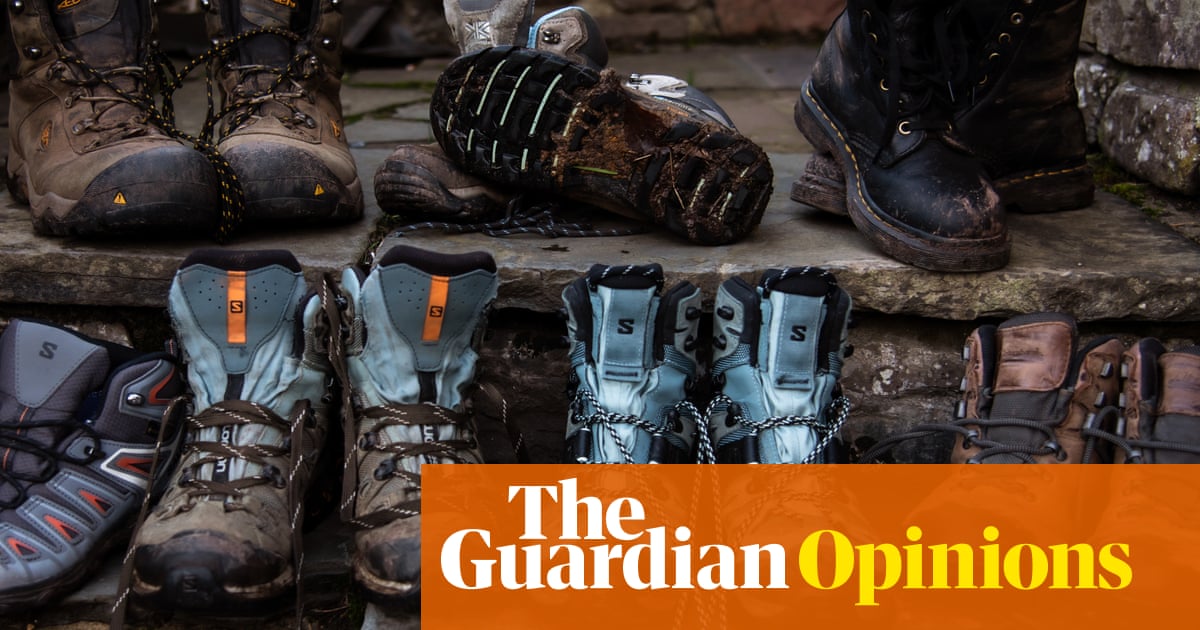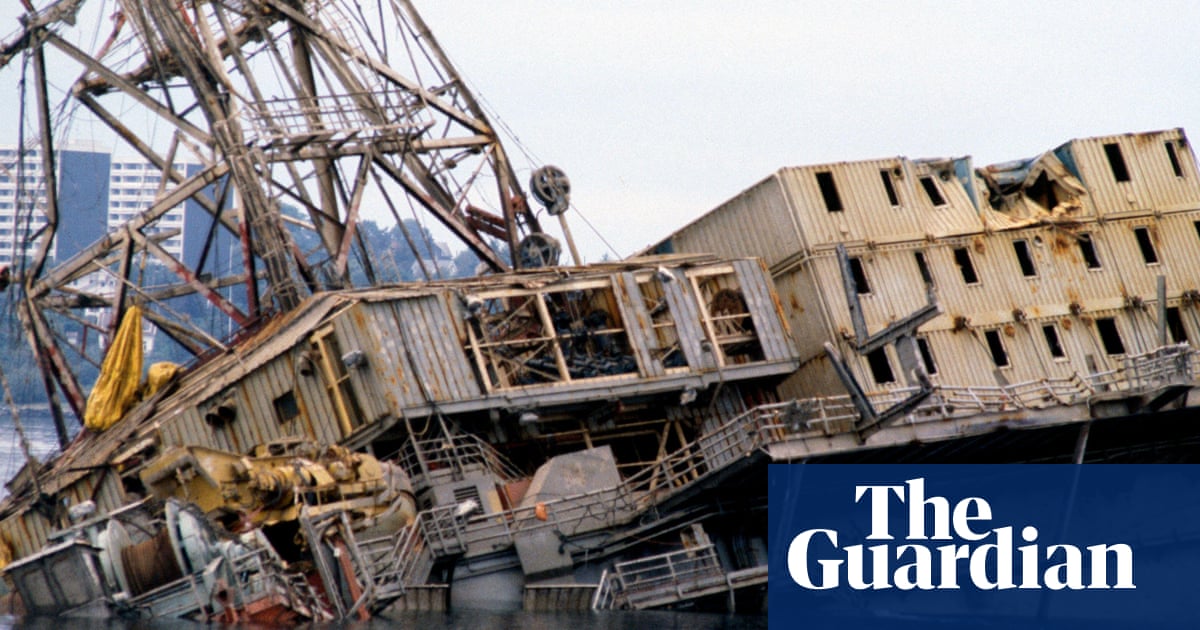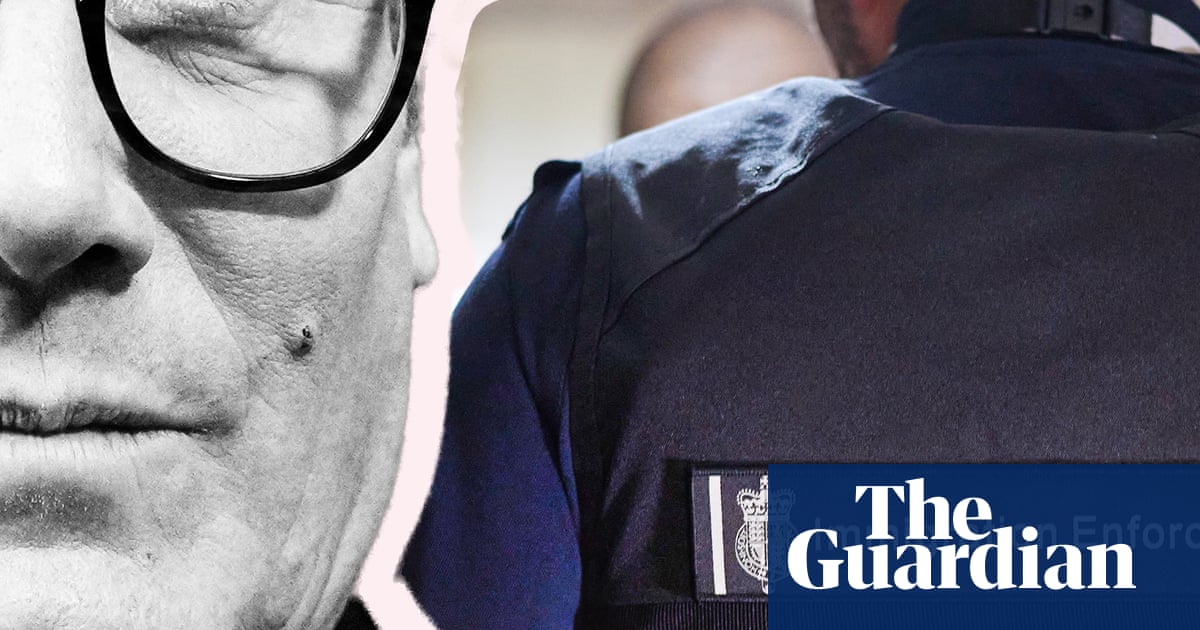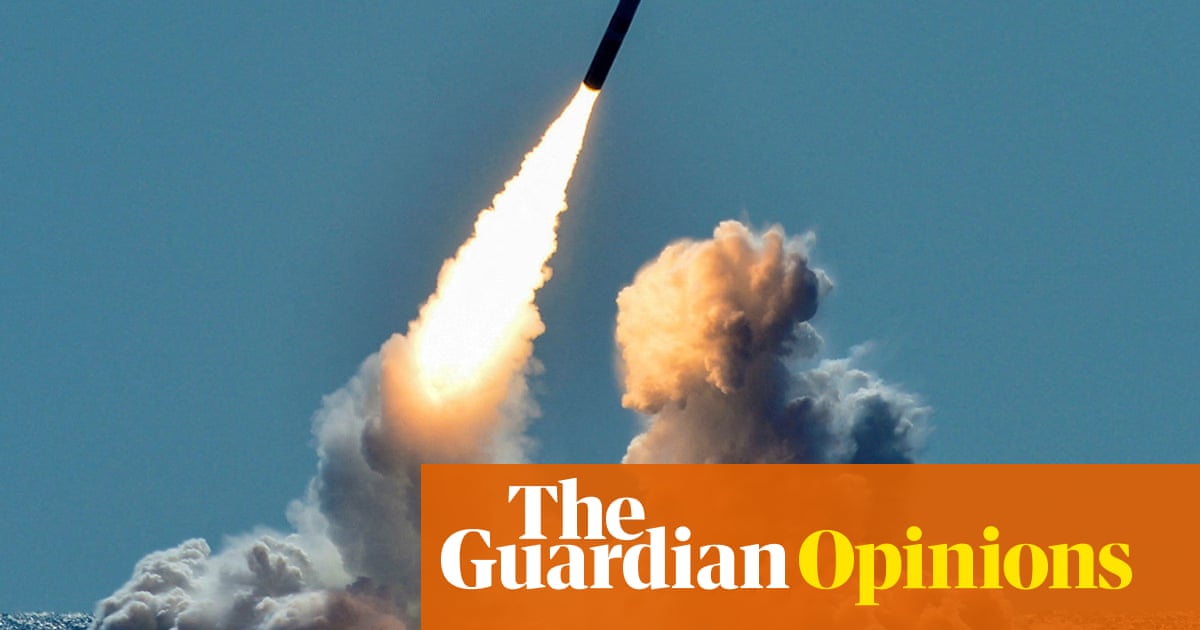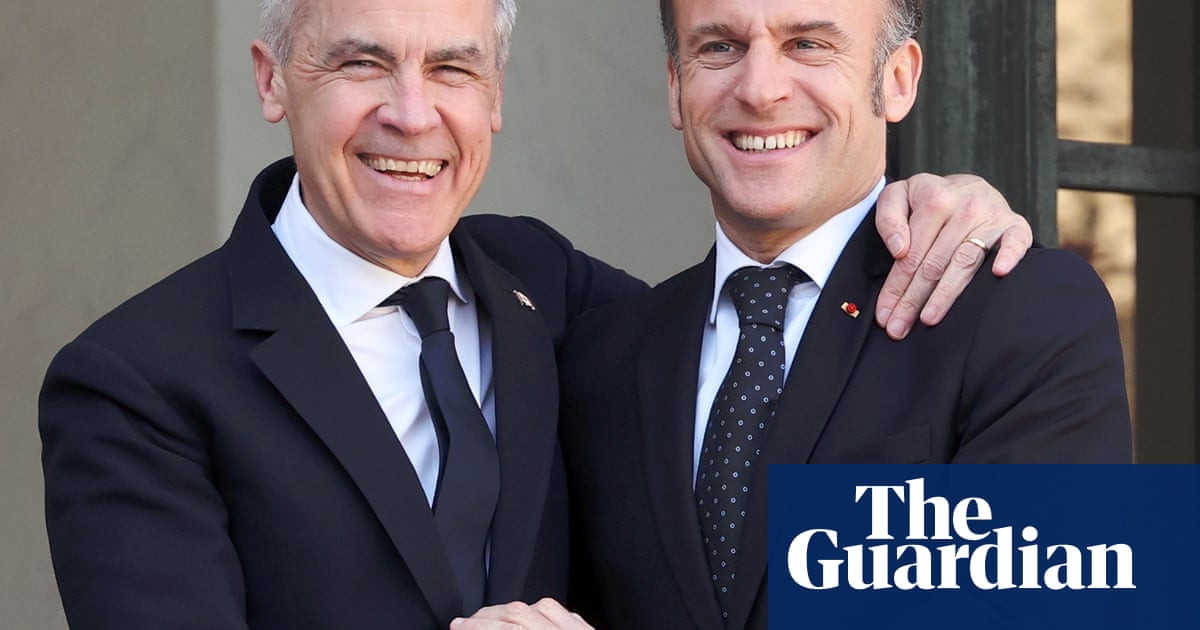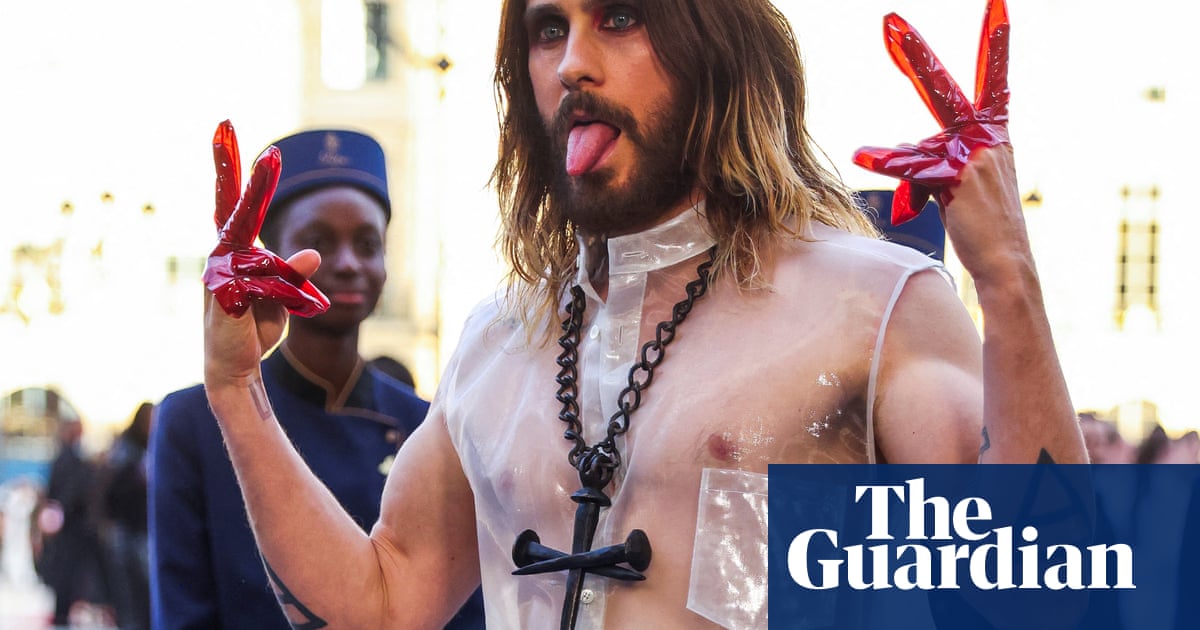Since 1963, the Munich Security Conference has seen many consequential speeches, notably Vladimir Putin announcing in 2007 that Russia would never accept a subordinate role in the new world order. But Friday’s speech by JD Vance, the US vice-president, has the potential to be the most consequential – the moment the world order against which Putin railed fell apart.
Sometimes, even in this digital age, speeches can act as clarifiers. Yes, the 22 minutes were full of laughable hypocrisy, distorted portraits of European democracy and insensitivity to Europe’s trauma with fascism, but for what it said about the chasm in values between most in Europe and the Trump administration, it was hard to overlook.
The shock was in part because the conference traditionally tends to talk about the polarisation of populism, as opposed to invite a populist to speak. The organisers had expected a dissertation on Ukraine, but instead got the full populist pulpit, and therefore something more significant.
The speech signalled that the pre-existing dispute between Europe and the US was no longer to do with the sharing of the military burdens, or the nature of the future security threat posed by Russia, but something more fundamental about society.
It was not just a collection of cheap shots in a culture war, while a real, life-and-death military war was largely ignored. It was a call to arms for the populist right to be able to seize power in Europe, and a promise that the “new sheriff in town” would help them to do so.
Speaking to the populist right, and defending digital freedom, Vance said: “Under Donald Trump’s leadership, we may disagree with your views, but we will defend your right to offer it in the public square – agree or disagree.”
The greatest danger to Europe, Vance claimed, was not Russia, not China, but the “danger from within”. An entrenched elite had instrumentalised the judiciary, eroded freedom of speech to keep their cartel in power, annulled elections in Romania on flimsy intelligence and run away from voters’ valid concerns about mass migration, leaving them locked out of political debate.
His conclusion was that Germany should tear down its firewall, and so legitimise the populists. (He did not mention Alternative für Deutschland by name, but met the far-right party’s leader afterwards.) If it did not, he warned, Germany might not survive, since no democracy would survive “telling millions of voters that their thoughts and concerns, their hopes, their requests for help are invalid”.
Vance portrayed a continent that had lost its way. Why was the security conference talking about defence budgets when it was not clear what they were actually defending? he asked. It was clear “against what” they were defending, but not clear “for what reason”.
And then came the crunch, and the explicit severance. “If you’re running in fear of your own voters, there is nothing America can do for you, nor, for that matter, is there anything that you can do for the American people who elected me and elected President Trump. You need democratic mandates to accomplish anything of value in the coming years.”
He continued: “For years, we’ve been told that everything we fund and support is in the name of our shared democratic values.” But he looked at Europe today and wondered why the cold war’s winners had abandoned the values that let them prevail against “tyrannical forces” on the continent.
The message was implicit, but clear. Nato had been founded in the cold war as an expression of US determination to defend shared western values, but if those values were no longer shared, then the moral purpose of Nato itself fell away.
In identifying Europe’s perceived faults – multiculturalism, “globalism”, migration, gay rights, liberal wokery – and in excluding Russia from criticism, the speech came close to arguing that US democracy was at best neutral on the relative values of Russia and of the European elite.
For years, many Maga activists, such as Steve Bannon, have claimed an affinity with Putin’s ideologue Alexander Dugin, a man Bannon has met and praised. They both believe European elites promote a “globalist” ideology that denies the existence of different cultures and traditions. But it was one thing for Bannon to see these connections, another for them to be echoed by the White House.
For the Maga movement, and for Vance, judging by his speech, the withdrawal from Europe as it exists now is not about burden-sharing, American isolationism, disputes about the trustworthiness of Putin, or even tariffs, but about an ideological fissure.
Europe’s leaders at the security conference, after reeling, started a fightback, but still seemed in denial. Olaf Scholz, the German chancellor, reminded Vance that the vice-president had visited the former concentration camp Dachau this week and pledged that such unspeakable crimes against humanity would never be repeated. Germany had a historic duty to fight the return of parties with roots in nazism, Scholz said. A firewall was not about censoring AfD. It was about refusing to work with them in government.
after newsletter promotion
“The overwhelming majority of the people of my country stand up resolutely to those who glorify or justify the criminal National Socialism,” Scholz said. “The AfD is a party from the ranks of which National Socialism and its monstrous crimes, crimes against humanity, like the ones committed in Dachau, were trivialised as just a ‘speck of bird shit in German history’.” It was a dignified rebuttal.
Friedrich Merz, the CDU leader, was more blunt. Germany defended free speech but not fake news, he said, and hate speech and offensive speech remained subject to legal constraints and independent courts. He added: “We would never kick out a press agency from the office of our chancellor.”
But when the discussion turned to the implications for Ukraine, the enormity was too much. The leaders reverted to familiar complaints about the slow delivery of air systems, sclerotic European arms production and the absence of security guarantees for Ukraine. The full consequence for European security of Trump cutting off support was downplayed.
But it was Volodymr Zelenskyy who really drove home the collapse of the transatlantic alliance. He said “The US vice-president made it clear: decades of the old relationship between Europe and America are ending. From now on, things will be different, and Europe needs to adjust to that.”
Discussing his recent talk with Trump, he revealed: “Not once did Trump mention that America needs Europe at that table. That says a lot. The old days are over – when America supported Europe just because it always had.”
He continued: “Some in Europe may not fully understand what’s happening in Washington right now. Does America need Europe as a market? Yes, but as an ally, I don’t know. For the answer to be yes, Europe needs a single voice, not a dozen different ones.
“We need confidence in our own strength so that others have no choice but to respect Europe’s power. And without a European army, that is impossible. Once again – Europe needs its own armed forces.” But how many Europeans, divided by the issues Vance highlighted, are willing to take the course that Zelenskyy urges?

 3 months ago
53
3 months ago
53
